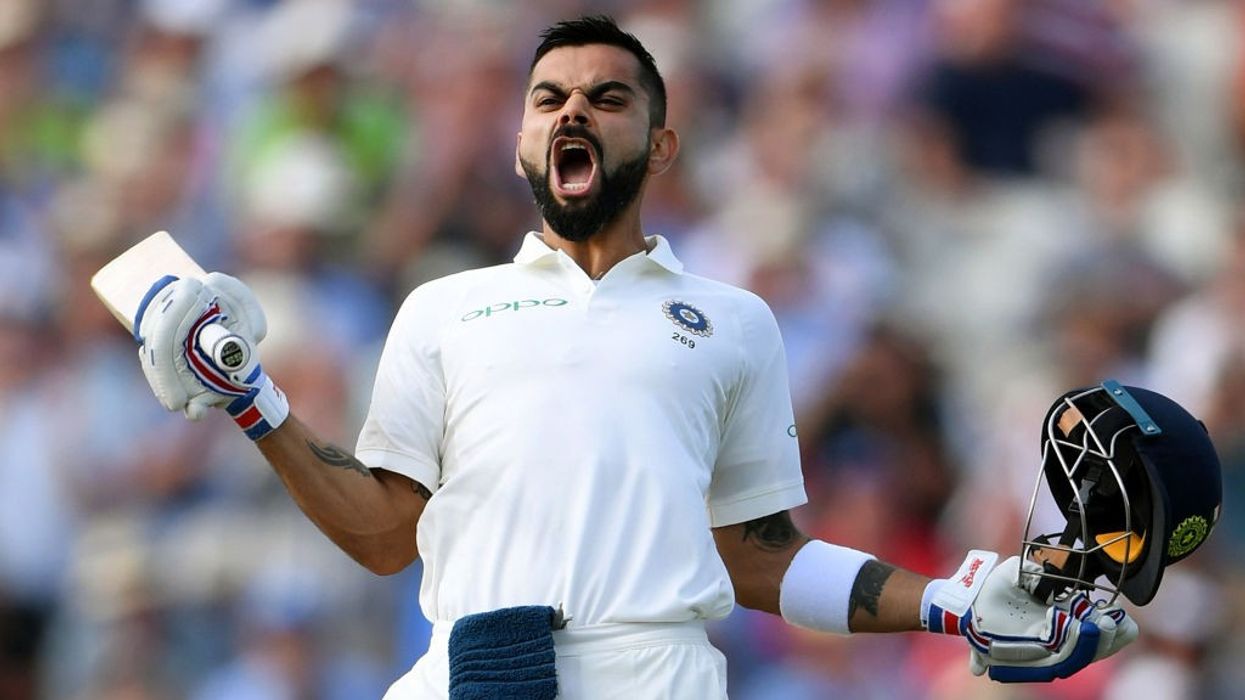India hosts Australia in a hotly anticipated four-match Test series starting on Thursday in Nagpur.
AFP Sport looks at three key battles that could decide who comes out on top in a clash between the world's two top cricket teams.
Kohli v Cummins
Virat Kohli has triumphed over his extended lean patch from last year and his match-up with fast bowler Pat Cummins, the Australia skipper, could light up the series.
The batting maestro has hit four tons since breaking his 1,020-day century drought in last year's T20 Asia Cup, but hasn't been able to bring his white-ball form into Tests.
An exemplary leader, Cummins has on the other hand been in the best Test form of his career, claiming 29 wickets in nine Tests over the past 12 months.
Cummins has got Kohli out five times in Tests, but the home hero will be looking to hit back in his backyard.
"I am really looking forward to seeing Kohli versus Cummins. That's a fantastic match-up," former Aussie quick Jason Gillespie was quoted as saying by the Hindustan Times.
"When Virat comes out to bat, I would love to see Cummins take the ball and go at him straight away. That will be great theatre, two wonderful cricketers at the top of their game."
Warner v Siraj
Sparks are expected to fly when David Warner, an explosive left-handed opener, faces the seam and swing of rising star Mohammed Siraj.
Siraj, 28, got Warner out twice during his 2021 debut in Australia and went on to take 13 wickets in three matches.
He has since grown in stature to regularly lead India's pace attack in the absence of the injured Jasprit Bumrah and has bagged 46 wickets in 15 Tests.
Warner has struggled on Indian pitches, with a batting average of 24.25 in eight Tests in the cricket-mad country. His overall Test average is over 46 across 101 matches.
Both men have something to prove in the coming series and Warner said last year that "winning in India is key".
Khawaja v Ashwin
Indian spinners at home are a challenge for any visiting batsman, but for Australia's in-form opener, Usman Khawaja the task may well decide the fate of the series.
The Islamabad-born Khawaja handled spin with aplomb in Pakistan last year and led the tourists to a 1-0 series win with his 496 runs, including two centuries in three Tests.
The 36-year-old left-hander recently notched up his 4,000th Test run in a match against South Africa in Sydney, where he was 195 not out.
Khawaja is especially wary of Ravichandran Ashwin, who has enjoyed great success against left-handed batsmen, telling The Sydney Morning Herald: "Ashwin is a gun.
"He's very skilful, he's got a lot of tricky little variations, he uses the crease quite well too."
"But it's one of those really good challenges," Khawaja added.
"The wicket's going to turn here at some point, whether day one, day three or day four, and he's going to be in the game and bowl a lot of overs."
(AFP)




